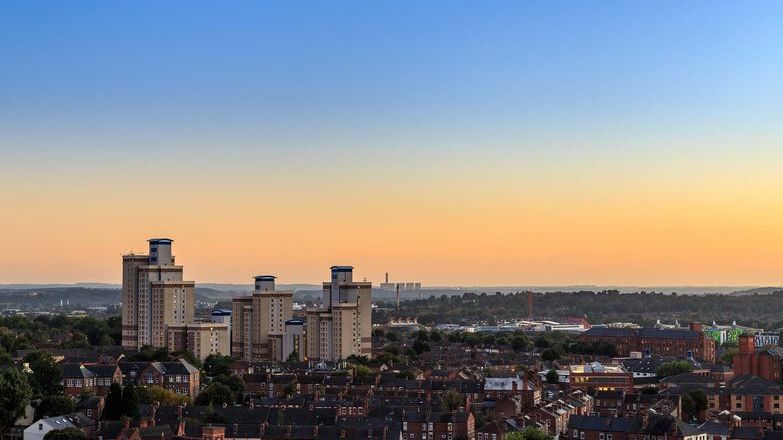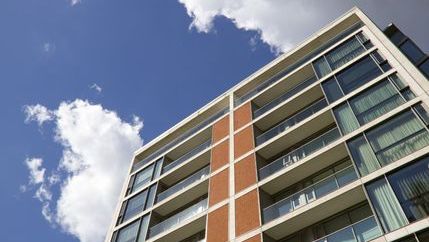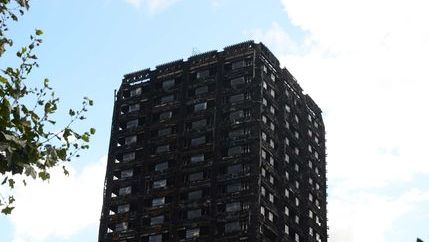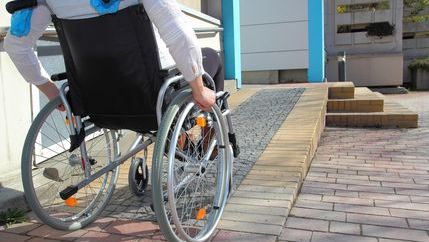
Breaking the barriers to progress
In the private sector, the Plan points to freeholder reluctance, inconsistent approaches from developers, third-party disputes, and shortages of skilled professionals and enforcement officers due to the slow pace of progress over the last seven years.
To encourage responsible building owners to act quickly, severe penalties will be introduced for any who fail to complete works or have a date for completion, by the end of 2029. Local authorities, fire and rescue authorities, and the Building Regulator will get additional funding and enhanced powers to enforce remediation and crack down on those trying to avoid their obligations.
Mid-sized buildings are lagging behind
Buildings over 18m in height are classified as higher-risk and must be registered with the Building Safety Regulator, but although those between 11-18m are also eligible for remediation funding, they do not have to register.
This means that authorities do not have a clear picture of how many mid-sized properties have unsafe cladding, with estimates ranging from 4,000 to 11,000. The UK Government proposes extending compulsory registration to all residential buildings 11+ meters high and tightening the building assessment rules .
Leaseholders concerned that their building needs to be assessed or remediated can make Homes England aware using their online ‘Tell Us’ tool.
Protecting leaseholders and tenants
The remediation experience can be distressing for residents, and many face high bills, whilst waiting for their homes to be made safe.
The UK Government states it will drive compliance with the Code of Practice for the Remediation of Residential Buildings, which sets standards for communicating, informing and engaging with residents, and introduce new shared ownership guidance to allow leaseholders to sublet at market rates. The Waking Watch Replacement Fund, which pays for installing an alarm system, will also be extended to the end of March 2026.
There is also a commitment from the Ministry for Housing, Communities and Local Government to engage with the insurance industry and explore ways to reduce bills during the remediation programmes.







